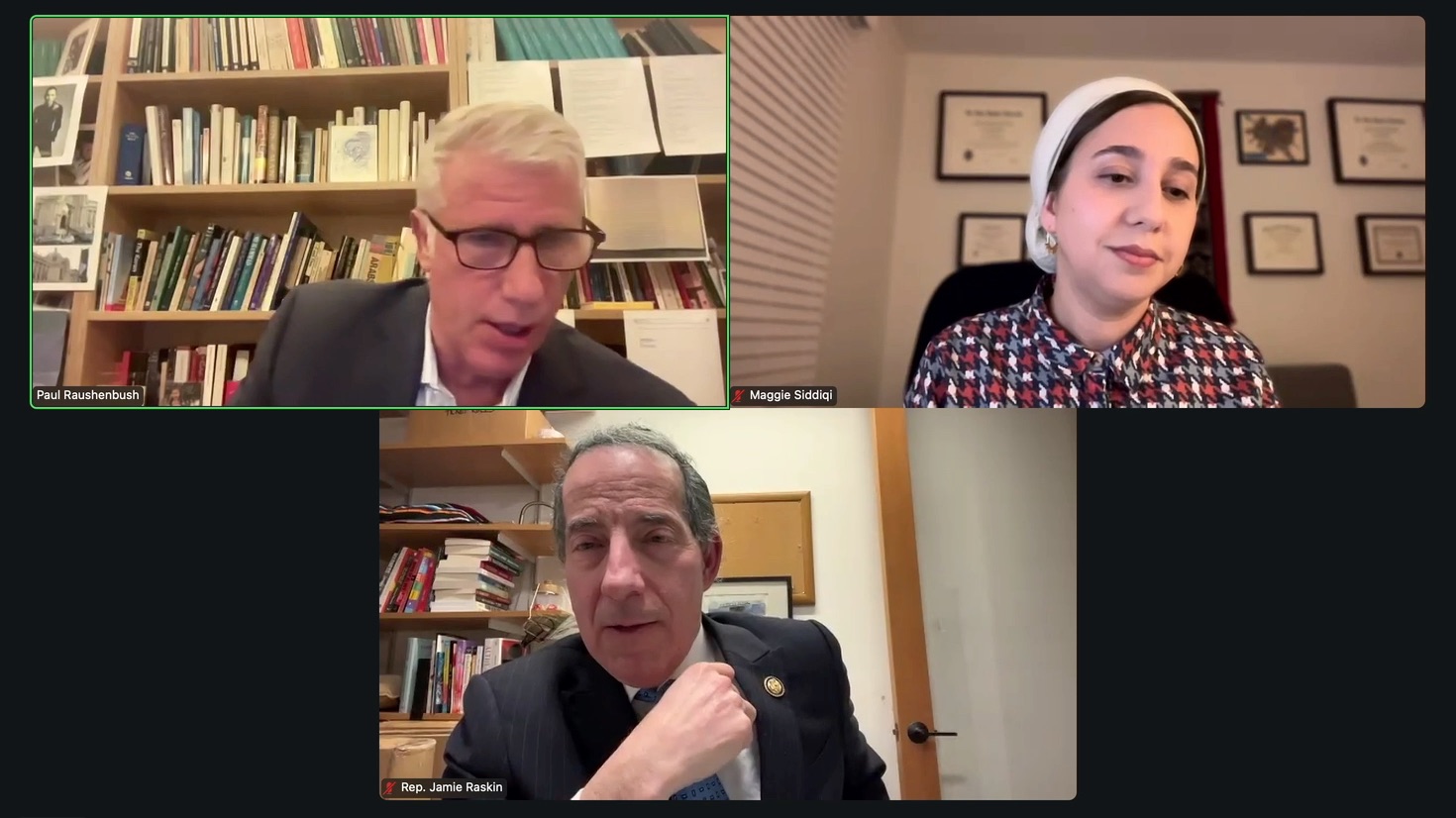United Against Intolerance: Faith Leaders Confront Presidential Divisiveness

In a powerful demonstration of interfaith solidarity, the Interfaith Alliance recently hosted a compelling briefing that shed light on the critical challenges facing religious freedom during the early days of the Trump administration. Distinguished speakers from diverse religious backgrounds came together to expose unprecedented violations and strategize collective action to protect fundamental constitutional rights.
The event brought together leading experts who passionately discussed the complex landscape of religious liberty, offering insights into the most pressing challenges facing diverse religious communities. Participants explored innovative approaches to defending religious freedom, emphasizing the importance of collaborative efforts across different faith traditions.
Speakers highlighted the critical need for unified resistance against policies that threatened to undermine the fundamental principles of religious liberty. They presented a comprehensive analysis of the administration's actions, providing attendees with a nuanced understanding of the emerging threats to religious freedom and civil liberties.
The briefing served as a crucial platform for dialogue, empowering participants to develop strategic responses and mobilize collective action. By bringing together voices from various faith communities, the Interfaith Alliance demonstrated the power of interfaith cooperation in protecting constitutional rights and promoting religious understanding.

